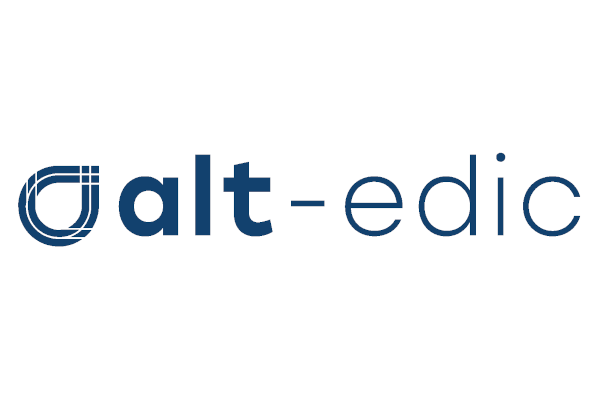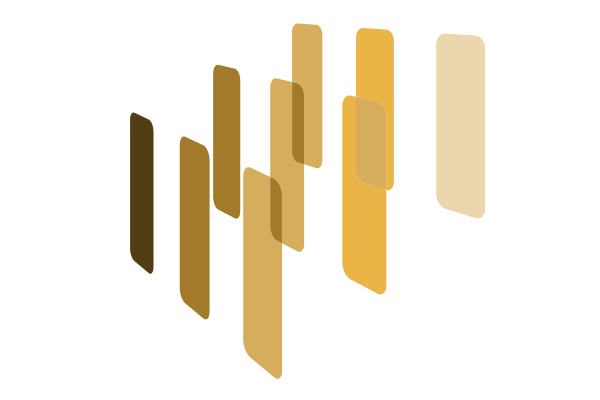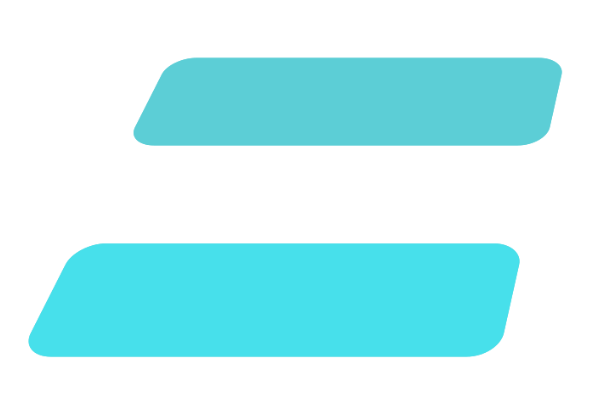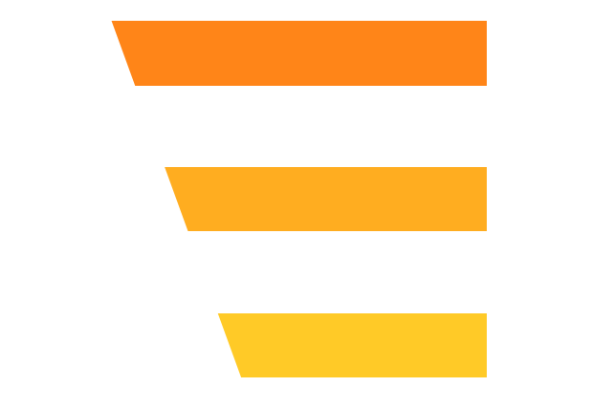The Common European Language Data Space (LDS) aims at building a trustworthy and effective ecosystem for the exchange and monetisation of language resources in both public and private sectors, in line with the EU Data Strategy.
The LDS takes the effort and outcomes of projects such as the European Language Resource Coordination (ELRC) and the European Language Grid (ELG) to the next level, transitioning from a mainly public administration-centred approach to a more business-oriented strategy for the collection of high-quality language data, particularly from the private sector.
Furthermore, the LDS works in coordination with other initiatives such as the ALT-EDIC, which will constitute a natural continuation of the LDS project once the contract ends.
Learn more below about the most relevant initiatives that have inspired the LDS and those that will continue and complement it in the future.


The ELRC initiative focused on the collection and provision of language resources and aimed to improve the quality, performance and language coverage of eTranslation, the European Commission’s machine translation service.




